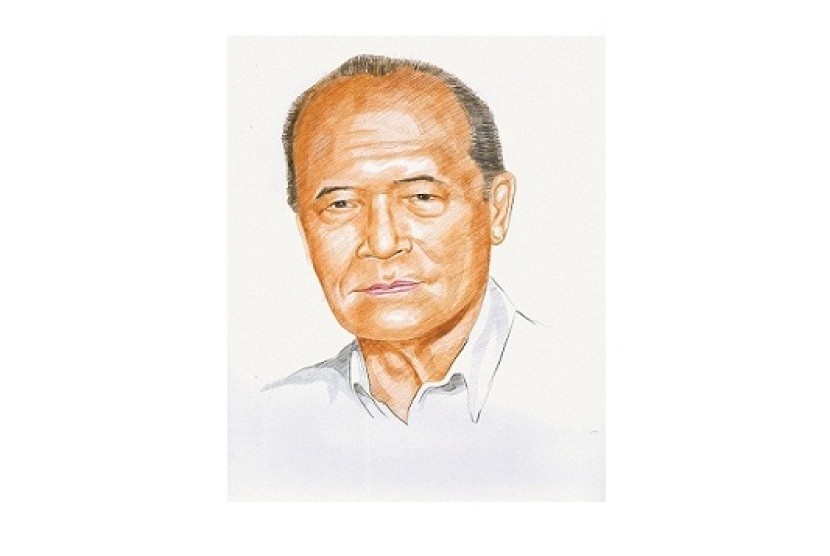REPUBLIKA.CO.ID, By Ahmad Syafii Maarif
An important question arises here: why Ali’s idealism could lose dealing with Muawiyah’s pragmatism? If the logic of the Quran used as a foundation, its means, "And say it! The truth has come, and the sleaze has vanished. Indeed the sleaze was definitely gone," (Al-Isra: 81), then the applicable should be otherwise, and indeed Ali almost won, as it mentioned above.
But at the end of the game, why Muawiyah won, despite his good intentions was very doubtful by many people? In this political dispute, the Sunnis were the majority then felt to be in the right, while the Shia party said to be the wrong faction. On the contrary, the Shia which was minority accused Sunnis who felt right that they were backsliding.
Why they did not want to be guided by Quran which confirmed that the split of the Muslim community was unlawful, while strengthening brotherhood among believers was something that was compulsory (for example Surah Ali Imran: 103 and al-Hujurat: 9-10).
Finally, political real was also applicable. In Dawmat al-Jandal which located between Syria and Iraq, in March-April 658, occurred peace negotiation which was very detrimental for Ali party. Amr managed to deceive Abu Musa al-'Asy'ari, negotiator of Ali’s party whom the first impeach Ali as Caliph. Amr deftly was raising Muawiyah as the caliph to Syria.
Two caliphs emerged as Ali and his followers did not admitted the regime of Muawiyah. Among the former followers of Ali were known as the Khawarij sect, they were no longer trust them which were on conflict, Ali, Muawiyah, and Amr. All three had to be killed. Ali successfully killed, while Mu'awiyah and 'Amr survived.
Thus, the atmosphere of political uncertainty continued to run, until on January 28, 661 (19 Ramadan 40) when Ali entered the Kufa mosque for leading Shubuh prayers, he was killed by hit in the head with a poisoned sword by Abd al-Rahman ibn al-Muradi Muljam, a Khawarij whom since very detrimental peace negotiation for Ali, had been planned attack, as described above.
Ali's death was certainly a great relief for Muawiyah, though must first negotiate with al-Hasan bin Ali whom was asked to replace his father who died recently. In Ayoub’s note, according to a source, Ali when he was struggling with death was still have a chance to say this, "I have managed to achieve the goal [of martyrdom] because [the will of] God of Kaaba" (p 143).
If the camel War only involved the people of Kufa as Ali’s supporters and his opposite Bashra population, Siffin War had involved people of Syria and the Iraqi people. Its radius was much larger and complex, even victims were tens thousands from both sides.
In my reading, before this Siffin War, the stronghold of Sunni, Shia, and Khawarij not yet known. Thus, the war was what triggers the emergence of destructive sects throughout history of Muslims for about 14 centuries. Will the Muslim communities around the world do not also want to learn from historical drama which denied the Qur'an’s message? When will Muslims feel disgusted with the war? Ladies and Gentlemen who need to provide an answer!


